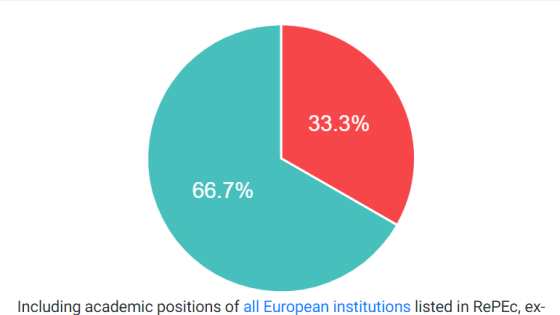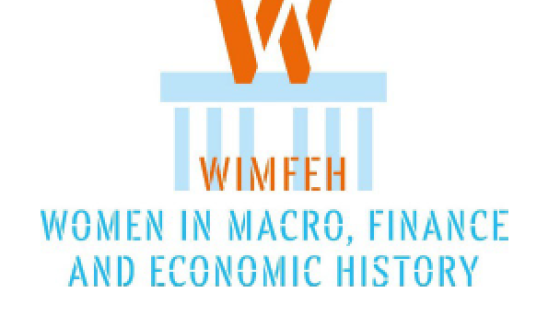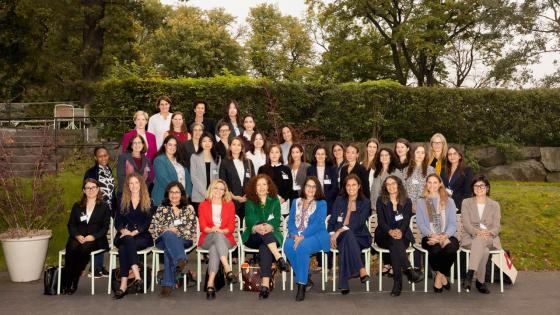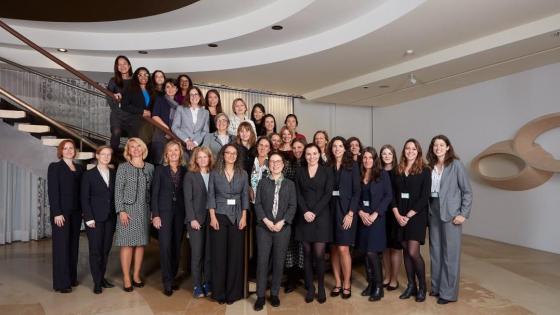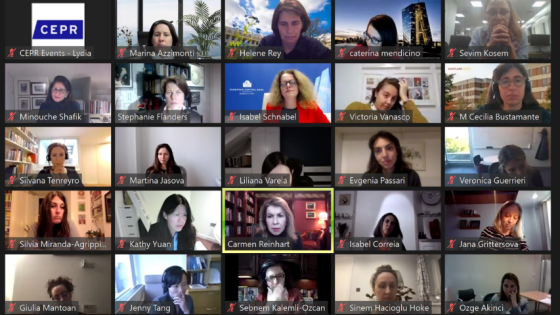
CEPR Women in Economics Initiative
CEPR is formalising its efforts to improve female representation in the economic profession with the creation of the CEPR Women in Economics Initiative. Led by CEPR’s Vice-President, Hélène Rey, this initiative aims to redress gender imbalances in the economic profession, partnering with CEPR member organisations to promote women within the field.
This page collates the various projects CEPR is involved with, or external initiatives that have been endorsed by CEPR, and provides a single platform through which the myriad of high quality output and initiatives can be accessed. If you are interested in partnering with CEPR on a related project, or for any further information on CEPR Women in Economics, please get in touch with Petra Buresova, Development Officer at CEPR [email protected].
Women in Economics: Featured Content

4th WE_ARE_IN Macroeconomics and Finance Conference
-

- Women in Economics
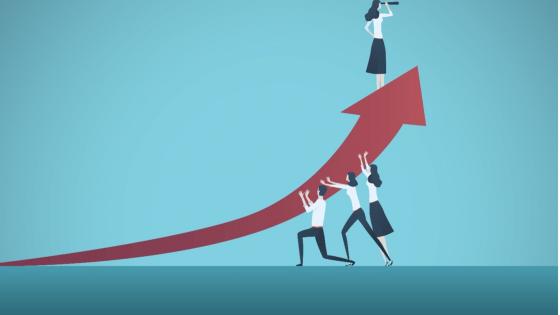
Women in Economics: Advancing Research in Economics
-

- Women in Economics
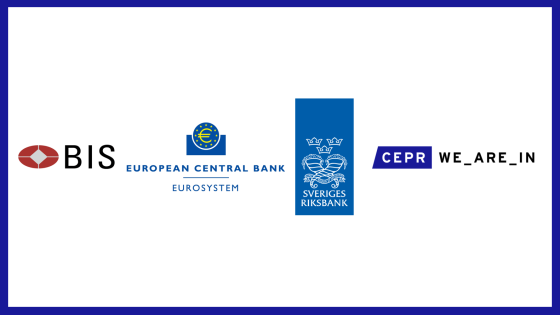
3rd WE_ARE_IN Macroeconomics and Finance Conference
-

- Women in Economics
WE_ARE Seminar Series

Women in Economics: Advancing Research in Economics
-

- Women in Economics
CEPR - UBS Women in Economics
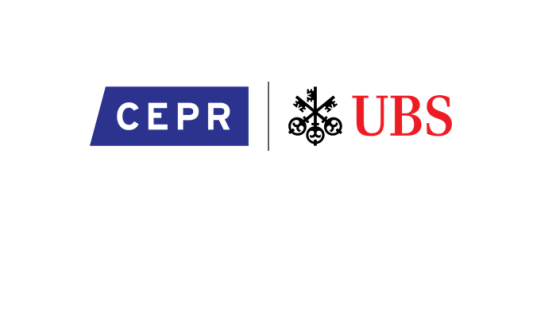
CEPR - UBS Women in Economics
Between 2019 - 2022, CEPR worked in partnership with UBS to celebrate contributions of women in economics, with a series of portraits and video interviews. This programme shone a light on quality research and policymaking from female leaders in their field. Women in Economics featured videos of prominent researchers discussing their work and insights. The content was designed to appeal to non-expert audiences, as well as those with a deeper understanding of economics.
All Content


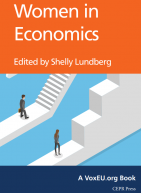
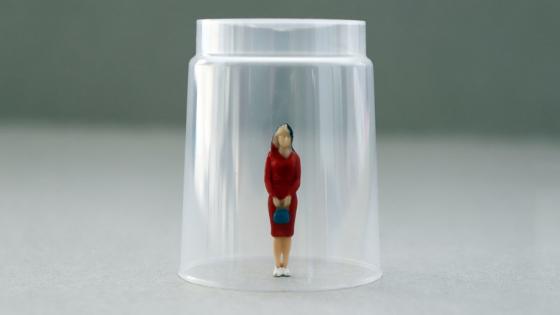

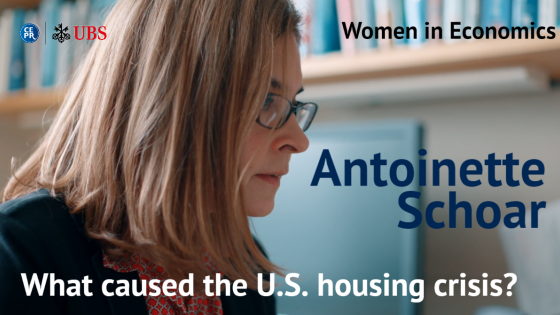

What caused the U.S. housing crisis?
Understanding the origins of the American housing crisis of 2007 has been a challenge for economists and policy makers.
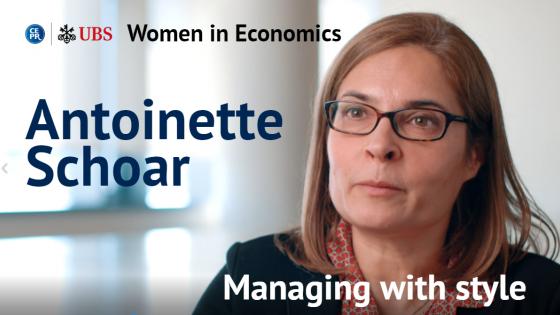

Managing with style
"It’s not too far of a stretch to think that there’s a correlation between style and performance."
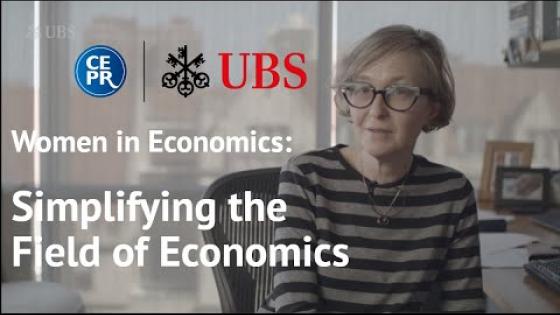

Simplifying the field of economics
Marianne Bertrand talks about the importance of making economics accessible to the general population
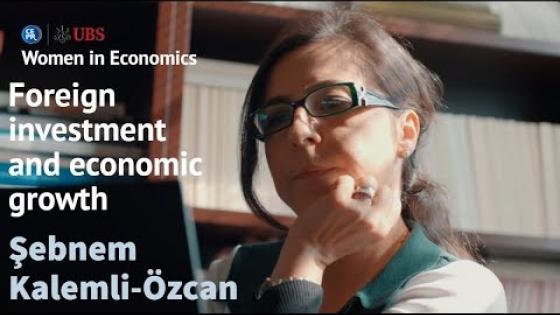

Foreign investment and economic growth
Sebnem Kalemli-Özcan discusses foreign direct investment and how local conditions can limit a country's capacity to take advantage of spillovers from the investment.
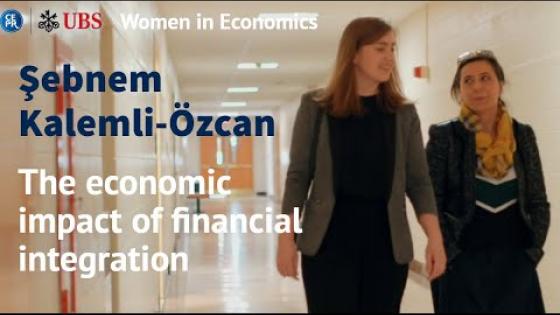

The economic impact of financial integration
Sebnem Kalemli-Özcan explains how financial integration, an important part of ongoing globalisation processes, leads to efficient allocation of capital and promotes investment and growth.
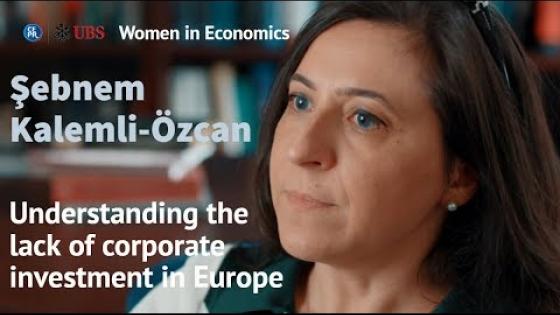

Understanding the lack of corporate investment in Europe
Sebnem Kalemli-Özcan discusses how, ten years after the euro crisis, the deleveraging process still affects corporate investment and, ultimately, productivity and growth.
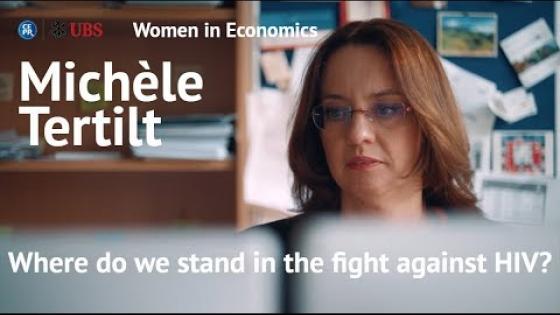

Where do we stand in the fight against HIV?
Michèle Tertilt discusses the relationship between sexual behavior and HIV, and her research suggesting that ART will be a key driver to further reduce HIV.
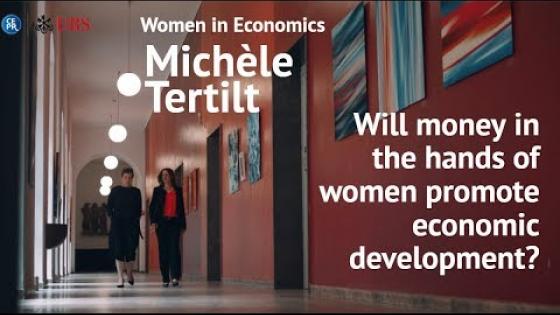

Women and money
Michèle Tertilt asks whether more control over finances in the hands of women leads to more economic prosperity and progress.


